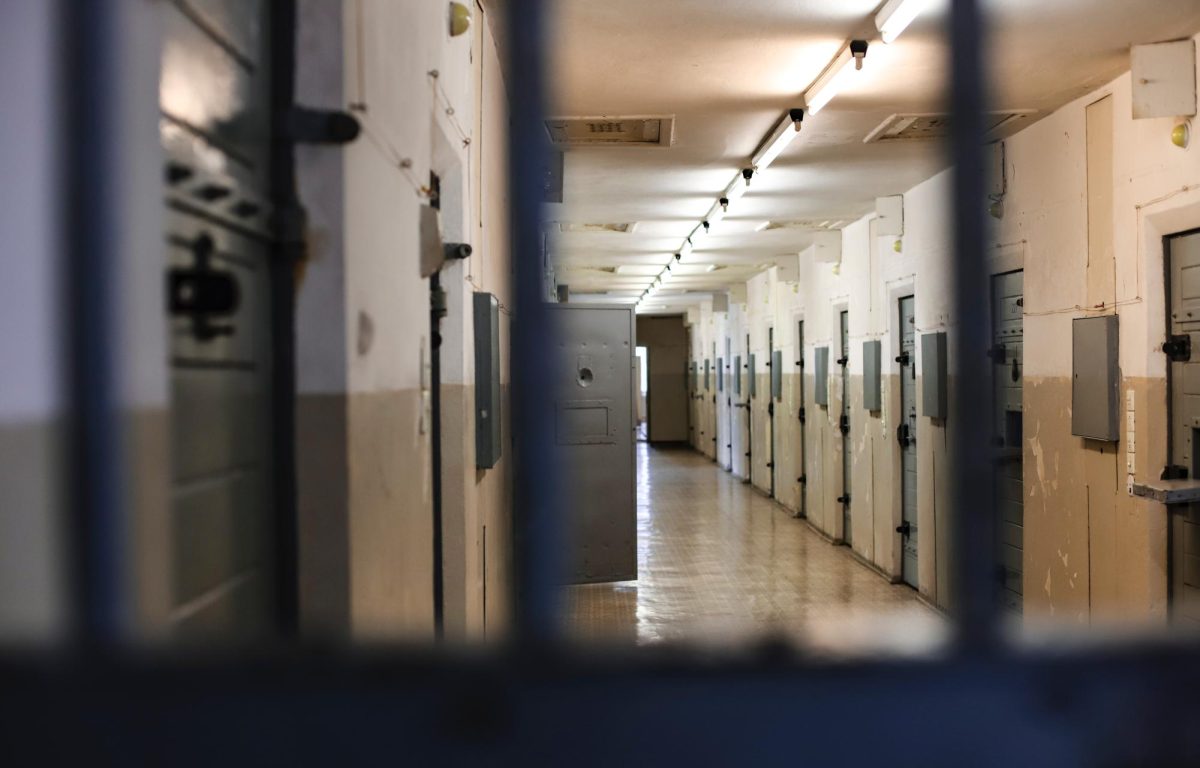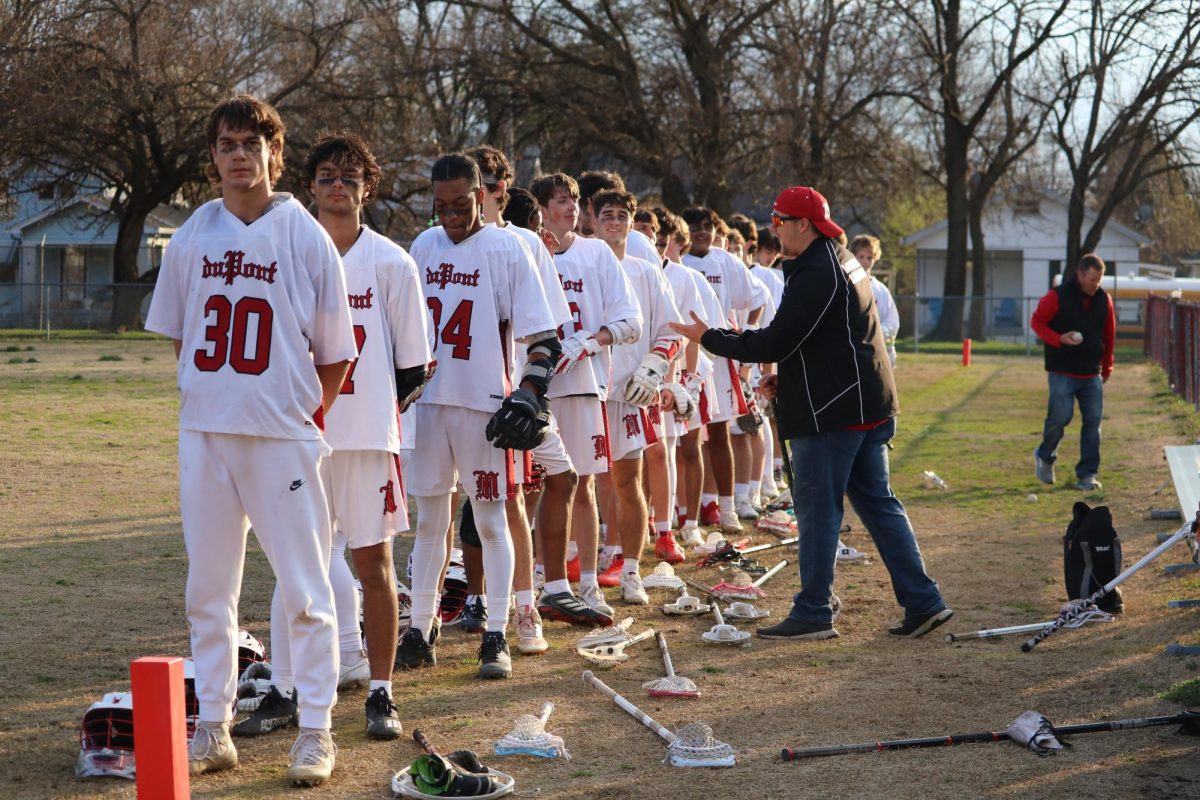Jefferson County Youth Corrections (JCYC) was shut down in late 2019 when the Louisville Metro Council decided to pull funding to many city services. This budget cut led to many of Louisville’s non-profit workers losing their jobs, and it cut funding for numerous social programs throughout the city. Louisville’s Grande Line firehouse was another victim of the cut, saving 1.7 million after cutting 15 positions. The city also cut funding as well as supplies to the dive and trench rescue, a division of the city’s fire department specializing in water rescue, which saved another $160,000. Another consequential budget cut, however, was the city’s juvenile corrections system.
Louisville decided to leave the decision-making regarding the next step for Louisville’s juvenile system to the Commonwealth, allowing Kentucky’s Department of Justice to take over to find a quick solution for where to house our current juvenile inmates. The fastest and most accessible solution was to take the Louisville Metro Youth Detention Center and repurpose it into the Jefferson Regional Juvenile Detention Center, opening its doors on Jan. 1 2020. Before 2020, the treatment center acted as a temporary midpoint for juveniles to wait before being taken to court.
Having only 16 beds, the currently used facility was not created with the intent of taking in incarcerated juveniles. This resulted in numerous complications. Though the center was meant to house 16 juveniles at a time, there were instances in which they took in more than double. Incarcerated juveniles made and attempted multiple plans to break out, and the juveniles took over the center and its control room, resulting in the police being called.
Michael Ross, the previous supervisor for the center, told Wave 3 that the youth are being treated “Like animals,” and that is “what is setting them off”. Ross explains that that staff were constantly being assaulted, in addition to sometimes working 20 to 30 hour shifts. According to Ross and other witnesses interviewed by Wave 3, the center had well exceeded the federally-mandated staff to youth ratio of 8:1. The overcrowding of the center as well as the treatment of the staff caused many to quit, rendering the center’s situation far worse than previously.
The decision for the initial budget cut had been 24-1 in June of 2019, when David James was the acting Metro Council President. In an interview with WDRB, David James told the press that he does support the idea to reopen a new facility in Louisville, as long as the state runs it, as “the city doesn’t want to be in the business of juvenile detention”.
The plan to reopen another facility was proposed by Kentucky Representative Kevin Bratcher with House Bill 3 (HB 3), in which a budget of 15 million dollars would be set aside for the project. Another 5 million would be used to renovate the current facility in Lyndon. Representatives say that the whole purpose of this isn’t to have a new jail for students, but instead to be able to give them all the resources they need to allow them to return smoothly to our community after their sentence. It’s about giving them a second chance. Senate Bill 162 (SB 162) was another bill proposed where it would make all eight juvenile facilities in Kentucky managed by the state. Andy Beshear signed both bills in March earlier this year with the hope of positively changing Kentucky’s juvenile system.
All of the proposed and passed legislation will not take full effect until 2024, meaning all of the Commonwealth’s current juvenile staff as well as incarcerated juveniles will have to hold out until then. The suggested bills will aim to help juveniles with their transition back into society, giving them time to readjust, however while still in the juvenile system, getting all of the help they need. HB 3 and SB 162 aim to resolve these issues.








